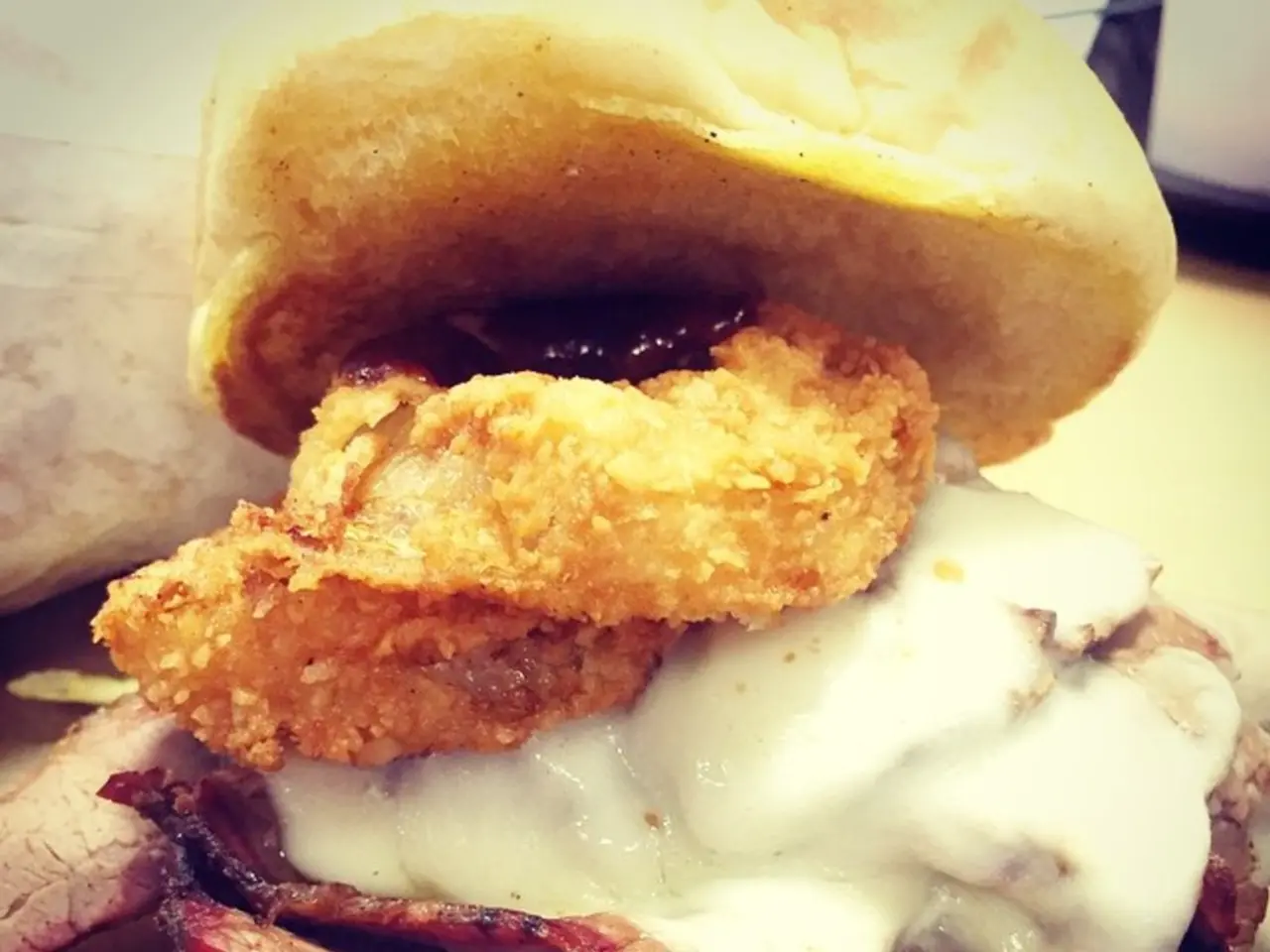Dietary Options for Preventing and Managing Pressure Ulcers
Preventing and Healing Pressure Ulcers: The Role of Nutrition
Pressure ulcers, also known as bedsores, are a common issue among the elderly and bedridden individuals. A well-balanced diet plays a crucial role in preventing and healing these sores.
Caregivers should ensure the elderly eat healthily to prevent pressure ulcers. Not eating a healthy diet can facilitate the development of these sores. Weight loss due to a poor diet is a significant cause of pressure ulcers in bedridden individuals. Sudden and unexpected weight loss can be a sign of an imminent pressure ulcer.
To prevent and heal pressure ulcers, consuming protein-rich, amino acid-rich, and healthy fat-rich foods is essential. These foods support tissue repair, immune function, and reduce inflammation.
Eggs, poultry, beans, yogurt, and moringa leaves provide complete proteins with essential amino acids critical to rebuilding damaged tissue and speeding wound healing. Moringa leaves are an exceptional source of both essential and non-essential amino acids, offering a plant-based option with added antioxidant and anti-inflammatory benefits.
Healthy fats such as those in nuts, seeds (e.g., sunflower seeds, chia seeds, flaxseeds, pumpkin seeds), avocados, and extra virgin olive oil support anti-inflammatory processes, cell membrane repair, and vascular health, all important for wound healing. These fats also provide fat-soluble vitamins E and K, which are critical to skin repair and blood clotting.
Additional nutrients like vitamin C (collagen synthesis), vitamin A (skin and tissue regeneration), and adequate hydration also play supporting roles in pressure sore healing.
A nutritious and wholesome meal is essential for maintaining healthy body weight and preventing pressure ulcers. Preventing dehydration is also important in the prevention of pressure ulcers. Store-bought energy drinks, milk, and water can be offered to prevent dehydration.
Not drinking enough water can be a sign of an imminent pressure ulcer in a bedridden person. Nausea or vomiting can also be a sign. Loss of appetite can be a sign too. Malnourished individuals are more likely to develop pressure ulcers and chronic wounds that do not heal easily.
In summary, a diet emphasizing high-quality protein sources (eggs, poultry, beans, yogurt, moringa leaves), healthy fats (nuts, seeds, avocados, extra virgin olive oil), and key wound-healing vitamins promotes prevention and repair of pressure sores. A micronutrient-rich diet is important for preventing protein-energy malnutrition. Foods rich in amino acids can help repair and regrow affected muscles.
Partial mobility can increase the risk of pressure ulcers. Old age is a risk factor for pressure ulcers. However, with a balanced diet and regular care, these issues can be managed effectively.
- The role of nutrition in preventing and healing pressure ulcers cannot be overlooked, as a well-balanced diet is crucial for both the elderly and bedridden individuals.
- To prevent the development of pressure ulcers, it's essential for caregivers to ensure the elderly maintain a healthy diet.
- Consuming protein-rich, amino acid-rich, and healthy fat-rich foods is vital for tissue repair, immune function, and reducing inflammation in the context of pressure ulcers.
- Eggs, poultry, beans, yogurt, and moringa leaves are sources of complete proteins that offer essential amino acids necessary for rebuilding damaged tissue and speeding wound healing.
- Moringa leaves, in particular, provide added antioxidant and anti-inflammatory benefits due to their abundance in both essential and non-essential amino acids.
- Healthy fats, such as those found in nuts, seeds, avocados, and extra virgin olive oil, support anti-inflammatory processes, cell membrane repair, and vascular health for effective wound healing.
- Vitamins C, A, and adequate hydration also play essential roles in pressure sore healing, with vitamin C facilitating collagen synthesis and vitamin A promoting skin and tissue regeneration.
- A nutritious and wholesome meal is essential for maintaining a healthy body weight, preventing dehydration, and thus, pressure ulcers.
- Loss of appetite, nausea, vomiting, and sudden weight loss can be signs indicating an imminent pressure ulcer in a bedridden person.
- Malnourished individuals are more susceptible to pressure ulcers and chronic wounds that are difficult to heal.
- A diet focusing on high-quality protein sources, healthy fats, and key wound-healing vitamins is ideal for promoting the prevention and repair of pressure sores.
- Partial mobility increases the risk of pressure ulcers, and old age is a risk factor for these sores. However, with a balanced diet and regular care, these issues can be effectively managed.
- A diet rich in amino acids can aid in repairing and regrowing affected muscles, while a micronutrient-rich diet is important for preventing protein-energy malnutrition in the context of healing pressure ulcers and maintaining overall health and wellness, including mens' health, womens' health, eye health, skin care, fitness and exercise, relationships, lifestyle, cooking, family dynamics, and global cuisines. The incorporation of healthy-cooking methods, as well as various therapies and treatments, can further support this goal.




